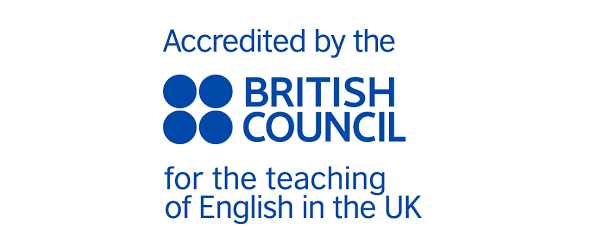|
As you know, NILE runs a wide range of professional development courses delivered in various modes. In this series, NILE's Senior Trainers look at some of the key concepts, activities, tips or tools which feature in our NILE courses.
Key principles when helping your learners, particularly your IELTS learners, to expand their vocabularyKnowing enough vocabulary in academic texts can be a major issue for learners trying to pass their IELTS exam. So, it goes without saying that developing your learners’ vocabulary is a key part of any IELTS preparation course! So, what are your key principles when helping any learners, but particularly your IELTS learners, to expand their vocabulary? Here we will look at just three, and I’d like to acknowledge Scott Thornbury here for his writing on these principles, for example in "V is for Vocabulary teaching". The first one is cognitive depth, so going beyond a simple knowledge of what a word or phrase means – thinking about what kind of context it might occur in, common collocations that contain this word, and looking at examples of how it is used, for example in a corpus such as Web Concordance English or The British National Corpus. You can also get learners to be “language detectives” and bring in examples of how they've found this word to be used outside the classroom. They could add these to a collaborative online document or noticeboard that you set up. Making decisions about words also helps with cognitive depth, so for example putting words into categories and explaining the thinking behind the categories. The second is affective depth, so getting learners to connect feelings and personal experiences to a lexical item and talking about what it means to them, or even ranking them in terms of how useful the words are to them. Of course, this may be trickier if the focus is the IELTS Academic test. The third is making associations and, of course, this is how our brains learn new information most effectively, by connecting it to something we already know. So, we can get learners to connect new lexical items to words they already know or think of phrases they can associate with it. This helps them to retain the item more effectively, as well as helping you to check if they have really understood it. More about this and other aspects of IELTS teaching can be found on our Prepare Your Students for IELTS course.
|



